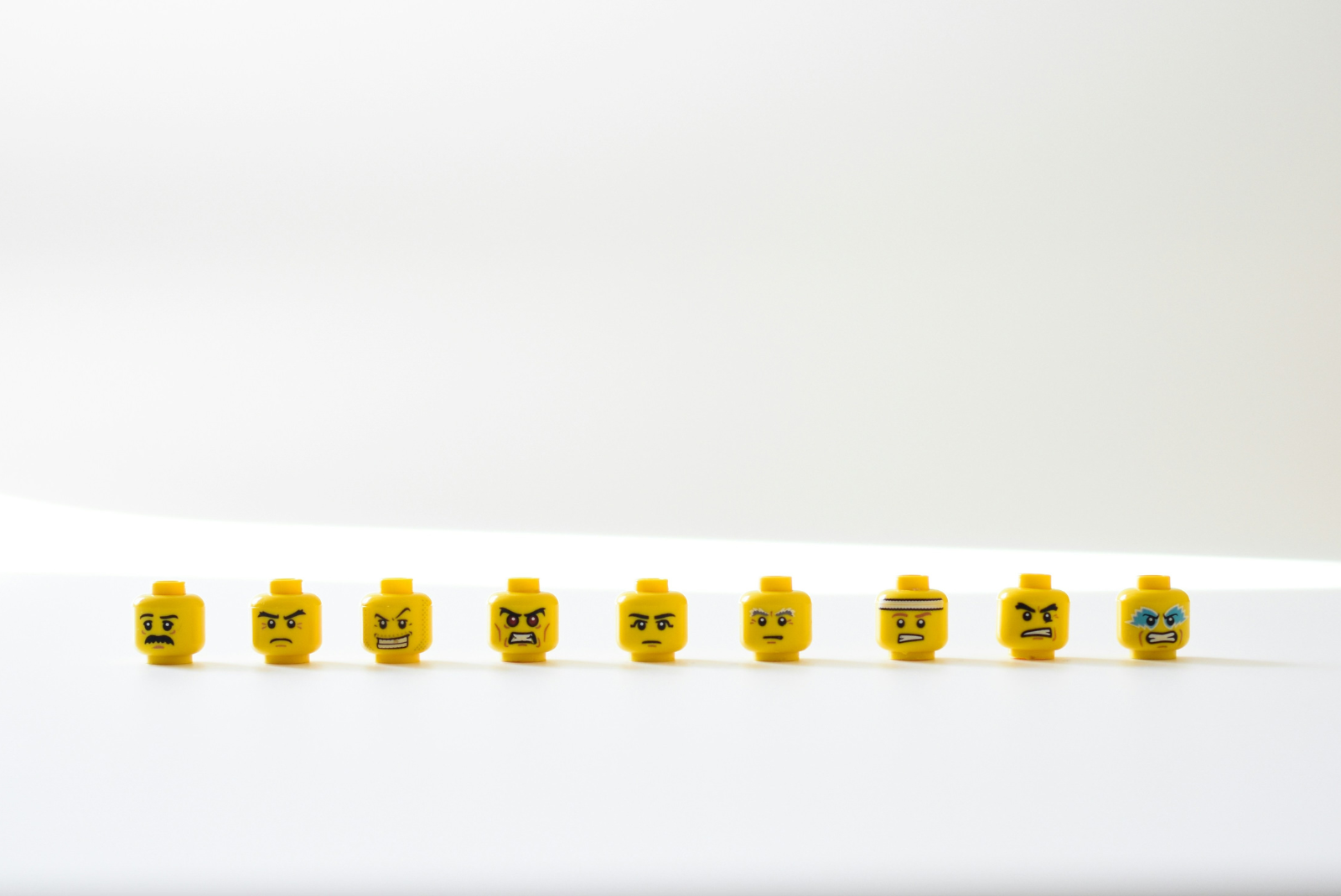SELF-AWARENESS AT WORK
DO ANGRY BOSSES MAKE US WORK BETTER?
When I hear someone say they are resilient and just doing their job, I always think back to my days in fashion.
I was resilient. I would listen to my boss yelling at me across the table and pretend that it didn't affect me. Or be in the room when he did so to someone else. There was a mix of lowered gaze, numb stares into the space between us and him, and some holding back tears.
He loved a good team yell. It seemed that he thought it was the way work got done. In his mind, everyone walked away, feeling more motivated to get work done, faster and more perfectly. He was always super thrilled and energized afterwards and he was convinced we were all super committed after a good team yell.
The problem was - he had no clue.
He thought fear was a powerful motivator. He was focused on getting the work done and being a bit of a bully made him feel productive and getting his frustration off his chest, made him feel better. But the rest of us were trying to pick up the pieces of our self-worth and figure out how to get our attention back on the work we all knew we needed to get done and wanted to do, before we got yelled at.
GET THE WORK DONE OR HOW IS THE WORK GETTING DONE?
It's interesting how one person can change team motivation. During my meetings with the team we would come together for a united purpose, get the product made and delivered on time and make sure the quality was up to par. Coming together to achieve our mutual goal felt more meaningful than carrying the load of stress and worry on our own. We would get excited about helping each other get to the finish line.
But when the owner of the company decided to join the meeting and tell us that we were doing it all wrong, all that pride in our work fell apart.
Back then, people didn't leave their jobs in the fashion business when they were treated this way. It was an industry driven by fear of being fired, because someone else would love to take over your job. And bosses used that to remind us that we were replaceable.
It's not an excuse. Understanding how to motivate people with care is essential to creating a culture where people do their best work.
TOXIC CULTURE ANTI-DOTE
Toxic cultures come from a lack of self-awareness and respect for other people.
As much as I have had my share of bad bosses, I have also worked with great people who knew that their attitude created a ripple effect in the team. We can all agree that stress is contagious, but so is care and well-being.
Let's ensure that we create a culture in which people not only want to work but also work better together.
The first step to creating self-awareness is to pause. Without pause, our minds race ahead, and we get stuck focusing on the problem we need to solve rather than on how we solve the problem.
Pausing also helps us first check in if we are feeling impatient or irritable, which may cause us to be short with people.
If we feel angry, self-awareness helps us check in with ourselves and notice if we are feeling powerless and taking it out on someone else or if there's a real reason to be angry.
Most of the time, there isn't a reason for it unless someone is intentionally doing something harmful, being disrespectful, or putting someone else in danger by their actions.
Power-Pausing is the first step to cultivating self-awareness:
That means to pause and listen to your thoughts. Are you being critical or curious?
Notice how you feel. Irritation and anger come out as passive aggressiveness.
Take responsibility for how you think and feel.
Ask what you need so that you can communicate with CARE: curiosity, acknowledgement, respect and empathy.
The best way to motivate a team is to ask them what they need so they can do their best work.


